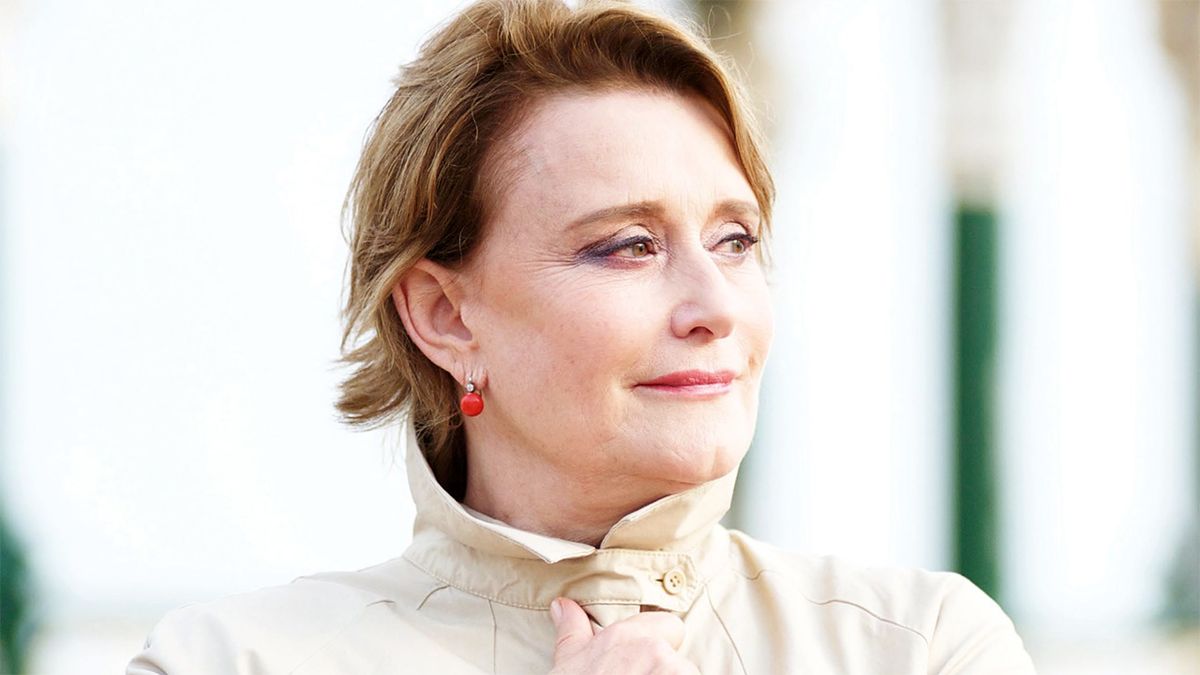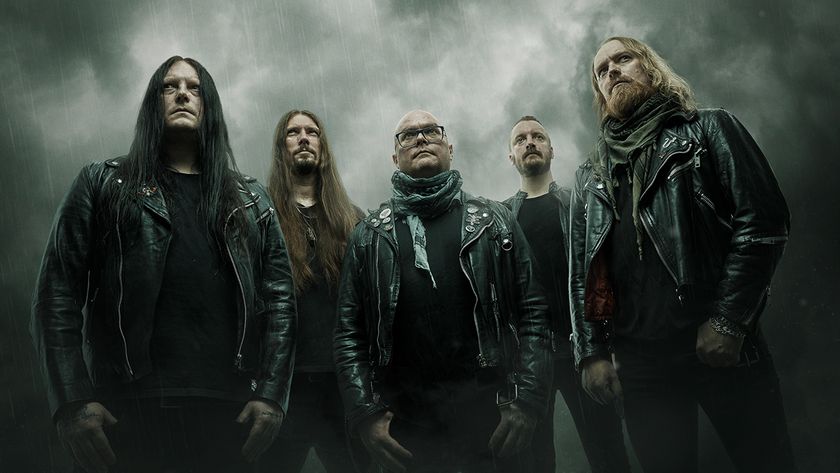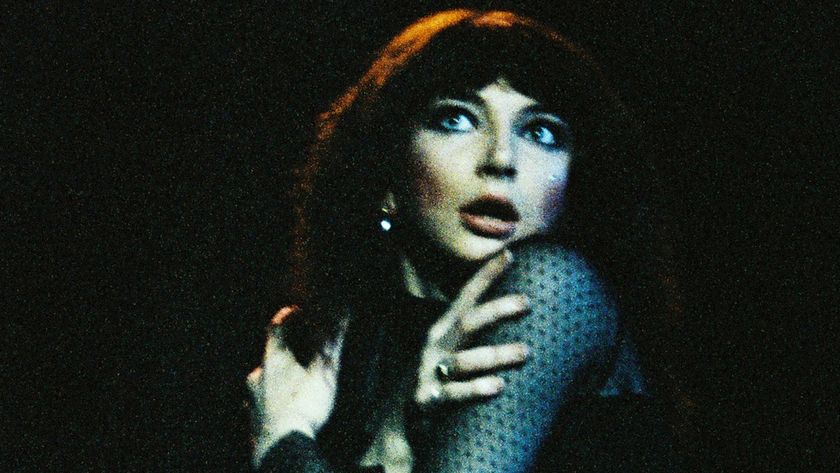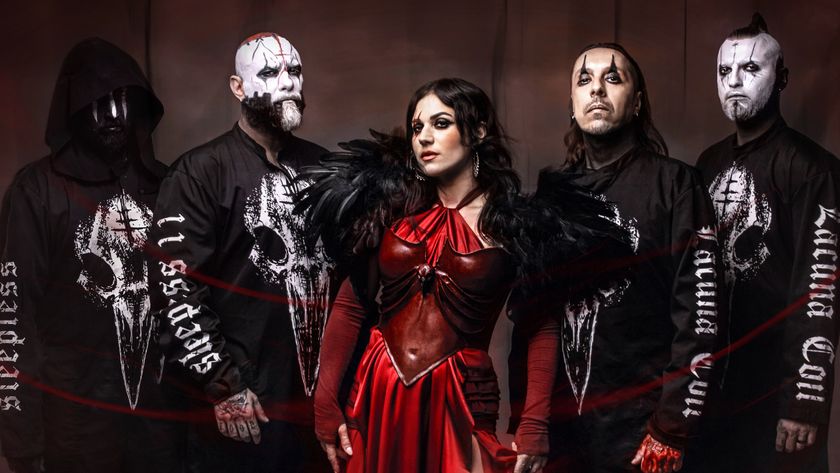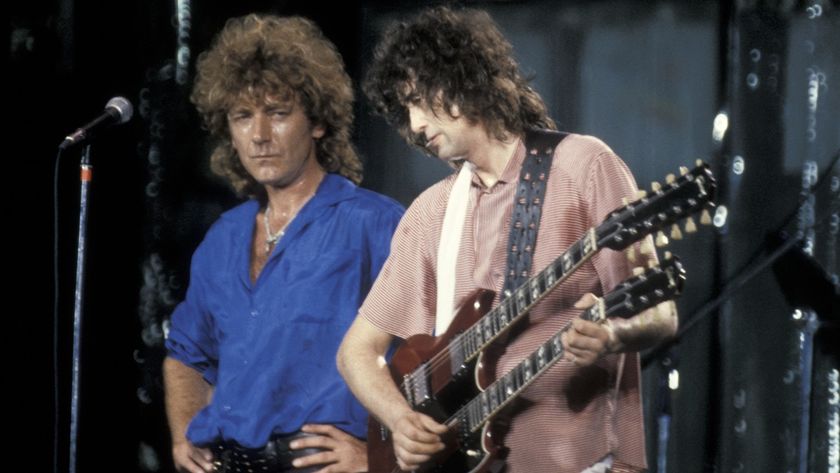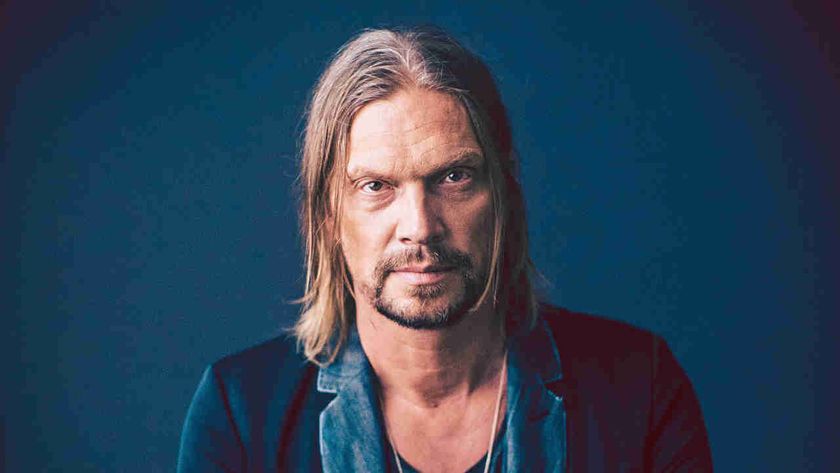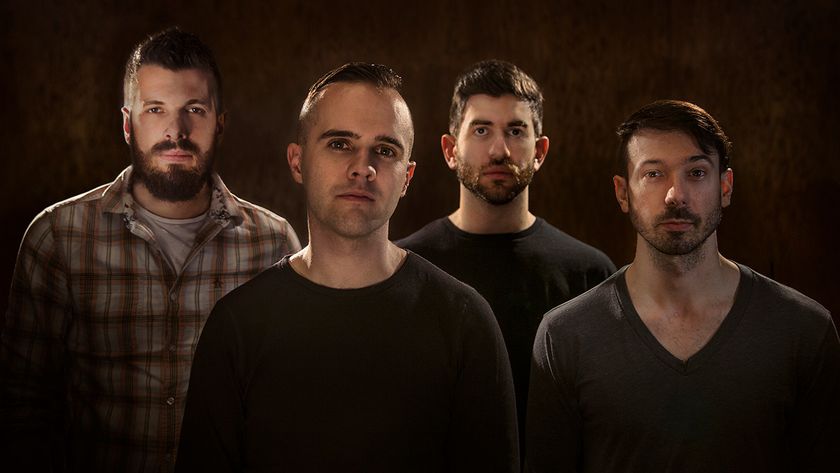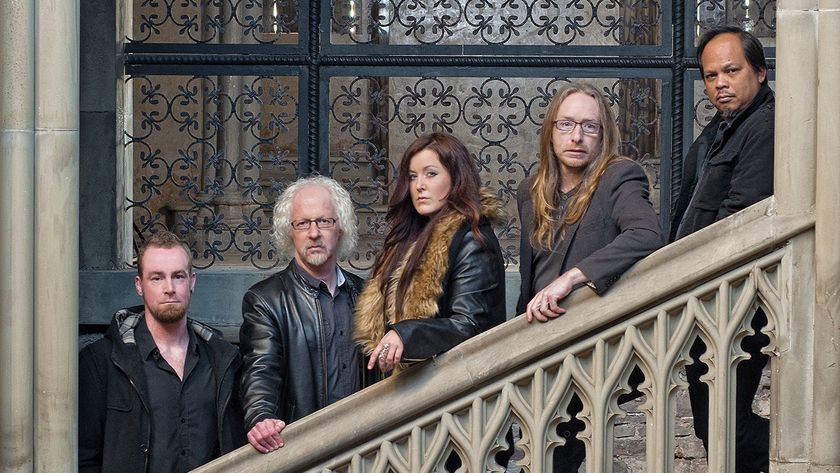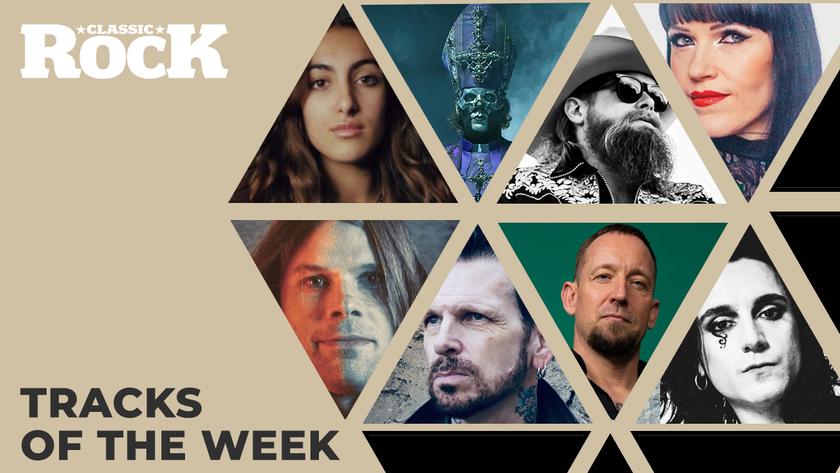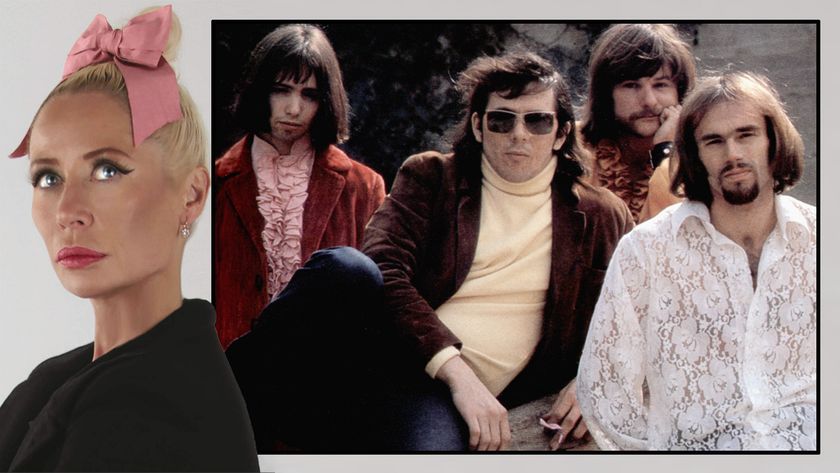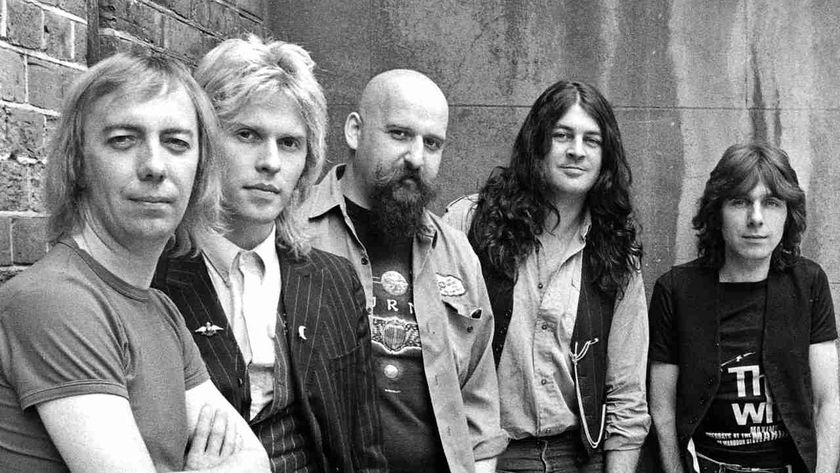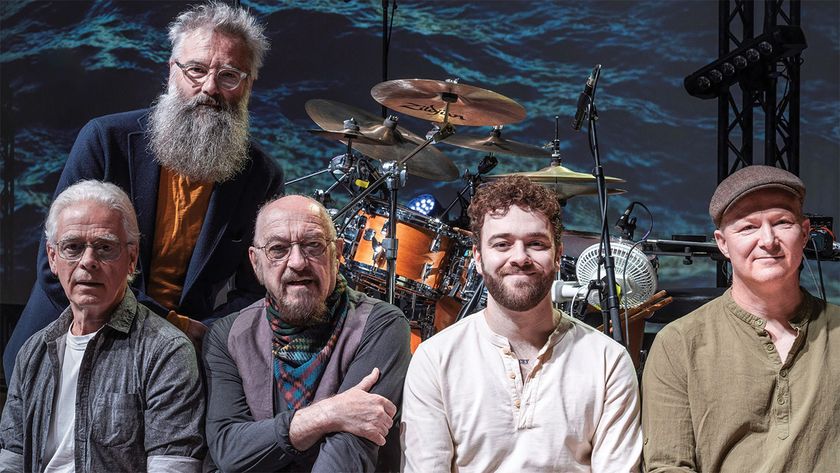In 2013 Linda Thompson released her fourth solo album Won’t Be Long Now. That year she told Prog about how the record came together and also shared memories from her remarkable – and accidental – career in music.
True folk royalty and one of our finest living singers, Linda Thompson rose through the rough Glasgow clubs in the 60s to make classic albums with ex-husband Richard Thompson and four solo records – including her latest, Won’t Be Long Now, which is jam-packed with guests.
By turns modest, funny, nervous and philosophical, the 65-year-old is wonderful company as she looks back on a rich career. “I never planned on being a singer,” she says. “But I never planned on doing anything else either.”
Won’t Be Long Now features Eliza and Martin Carthy, Dave Swarbrick, Ron Sexsmith, Richard Thompson and your son Teddy Thompson. How did it begin life?
Teddy presented the track It Won’t Be Long Now to me, which was quite a nice present to receive and quite apropos considering my age! But it’s done with good humour. Sometimes the songs came first, sometimes the guests.
With Ron Sexsmith, you can send him any random words and he can turn it into a great song. With Richard, I just happened to be in New York so he came and did a session before he played a gig.
Do you prefer to work in New York?
I do, because there are no distractions. I’ve got kids, grandkids, a husband, other work. Didn’t GK Chesterton stupidly say, “The enemy of creativity is the pram in the hallway”? Well, maybe there’s a kernel of truth in that. If you’re working and your kids call saying they really need you, then you go. But I can’t do that in New York so I record there. I have a little place in The Village.
The album features some traditional and folk standards, such as Blue Bleezin’ Blind Drunk. How did you pick them?
Growing up in Scotland, domestic abuse wasn’t even a crime. The police said it wasn’t their business. But I heard Belle Stewart of The Stewart Family sing about it on that song. She got the subject out there, and that was interesting. It only has three verses so I added another.
I’ve been singing it for years and more recently The Unthanks did a wonderful version. That’s how it works with good traditional songs –there are always many versions circulating.
Having released only one solo album in 1985, you’ve now done three in just over 10 years – you’re having a busy spell!
Indeed, though no one could ever call me prolific. I do it for love.
It’s beyond stage fright – it’s an ailment… I envy people who murder songs on the karaoke
Presumably there’s a lot less pressure now than in the 70s.
You know, in the 70s, artists were left alone. Island and Chrysalis had ‘prestige acts’ – who wouldn’t sell but who they liked. I can’t believe that we were lucky enough to be in that bracket in that era. We were signed to Island for eight years; now you’re lucky to get 80 days. But I’m not moaning. Change is change. I download music all the time and I love it. Also, I’m deaf as a post, so I only go and see heavy metal bands these days anyway!
What are your first musical memories?
My parents loved country – Hank Williams, but also George Jones, Elvis, Ray Charles and the Everly Brothers. I first sang a Doris Day song at the Brownies and all the girls stopped dib-dib-dibbing and listened.
Growing up on a council estate in Glasgow, you don’t think of having a singing career, but I still love it. Live gigs less so. I’m too nervous. It’s really hard for me. It’s beyond stage fright – it’s an ailment. I have to take the beta-blockers weeks in advance. I envy people who murder songs on the karaoke.
Your first paid singing work was doing advertising jingles.
I sang in clubs first, with people like Hamish Imlach. Then I did commercials. It was the best-paid job. I was 19 and made a fortune selling yoghurt, butter, toilet paper – anything. Artists get accused of selling out, but when you’re broke and unknown, go for it, I say.
The British folk-rock scene seems like it was a bit of a boys’ club, yet its more distinctive and enduring voices – yourself, Sandy Denny, Jacqui McShee, Maddy Prior – were female.
The boys didn’t mess with me and Sandy because we were bolshy
The boys didn’t mess with me and Sandy because we were bolshy. But the 60s was an attractive time for guys. Everyone was sleeping with each other willy-nilly – excuse the pun – and men didn’t have to change nappies. You had to box clever when record executives would say, “Don’t you worry your pretty little head about it.” I just got on with it.
1972’s Rock On project, released under the band moniker The Bunch, included Sandy Denny, Richard Thompson, Ashley Hutchings and others. It was an oddity – a folk supergroup playing Elvis and Buddy Holly tunes. Was it fun?
Great fun, and a perfect example of musical bedrooms. It was done at Richard Branson’s residential studio, The Manor, so there were cooks on call, all-night parties and people sleeping with one another. I’ve no idea how the record was received.
1982’s Shoot Out The Lights with Richard Thompson was a big success, but it heralded the end of your marriage.
Yes, very strange. How dense was I, singing some of those songs and not realising those things were happening to me? But my problems weren’t huge – those records still sell and I’m grateful. It’s a pension, which is just fab. And I’ve recently got into watching YouTube clips that people send me. It’s historically interesting; and the haircuts are hilarious!
You’ve lost your voice for long spells due to spasmodic dysphonia. When did it begin?
I always look on the bright side of life. Which is funny, because I write very sad songs
Three months after I married Richard in 1972, I got pregnant and found it difficult to breathe. But we had a record to make. That’s when it started. It got really bad when we split up. There was a lot of pain. Even now it’s still there and I don’t like talking much. My iPad is my main method of communication.
What do you consider your greatest achievement in life?
I would say the children – but I’m sick to death of people saying that! They’re horrible ingrates anyway! I suppose, like Monty Python said, it’s my ability to always look on the bright side of life. Which is funny, because I write very sad songs.
